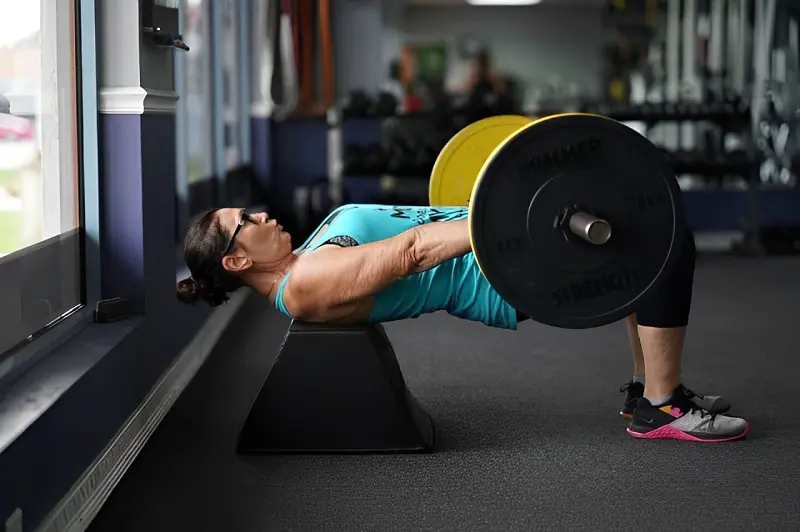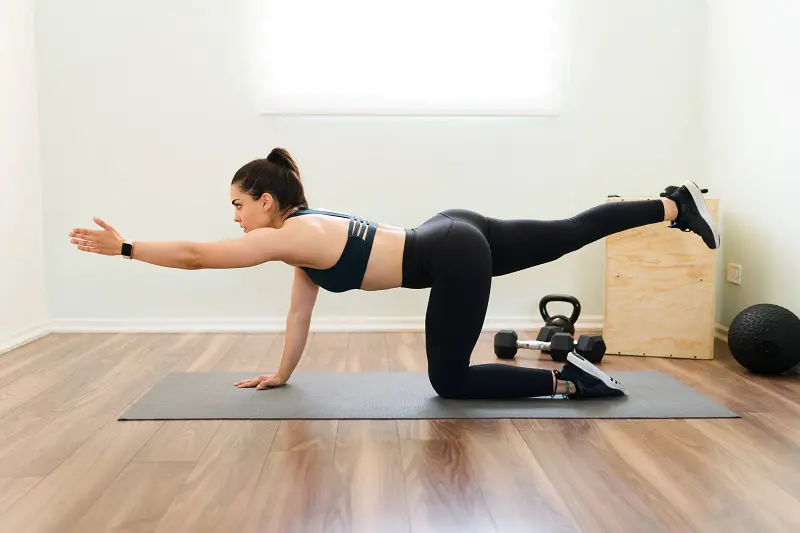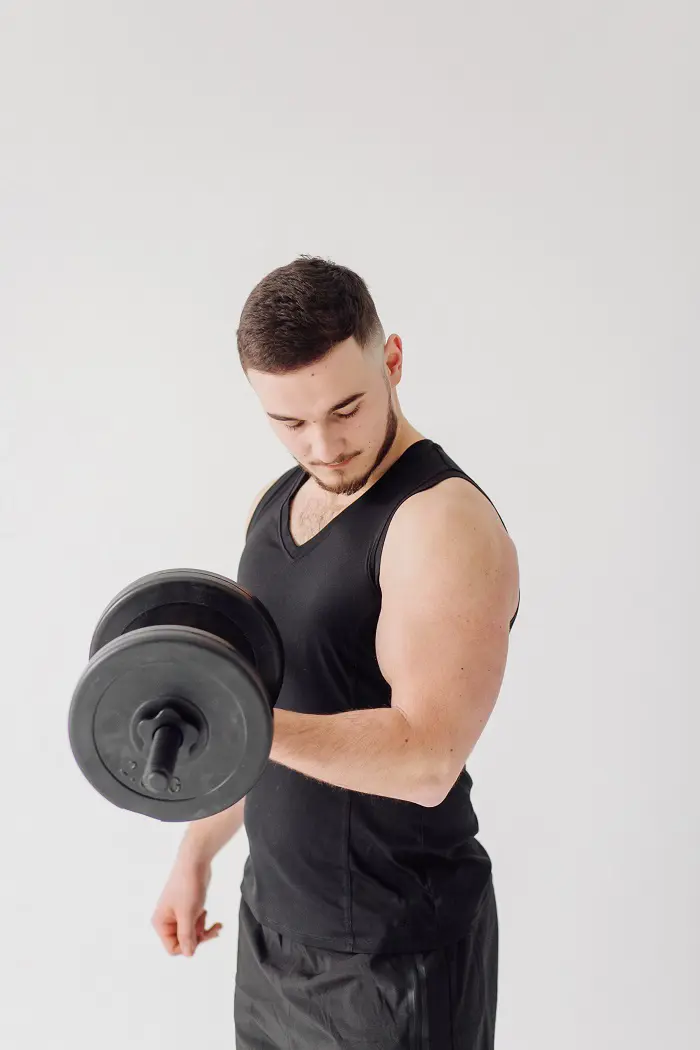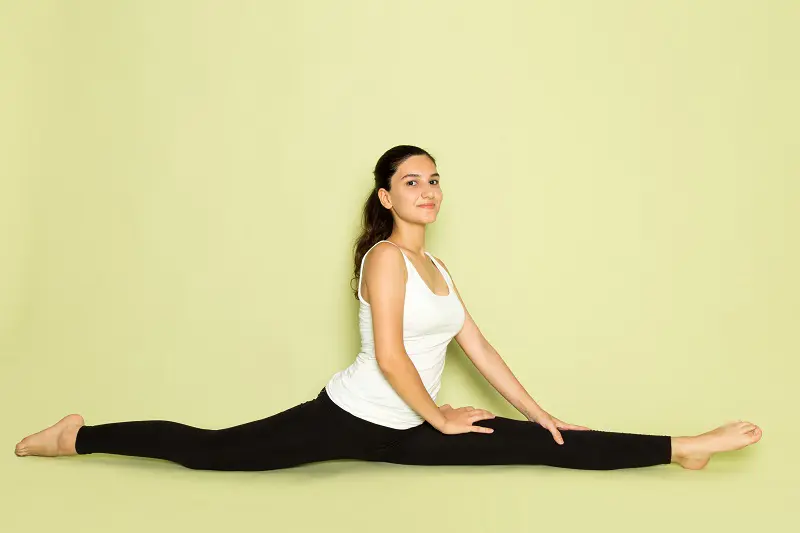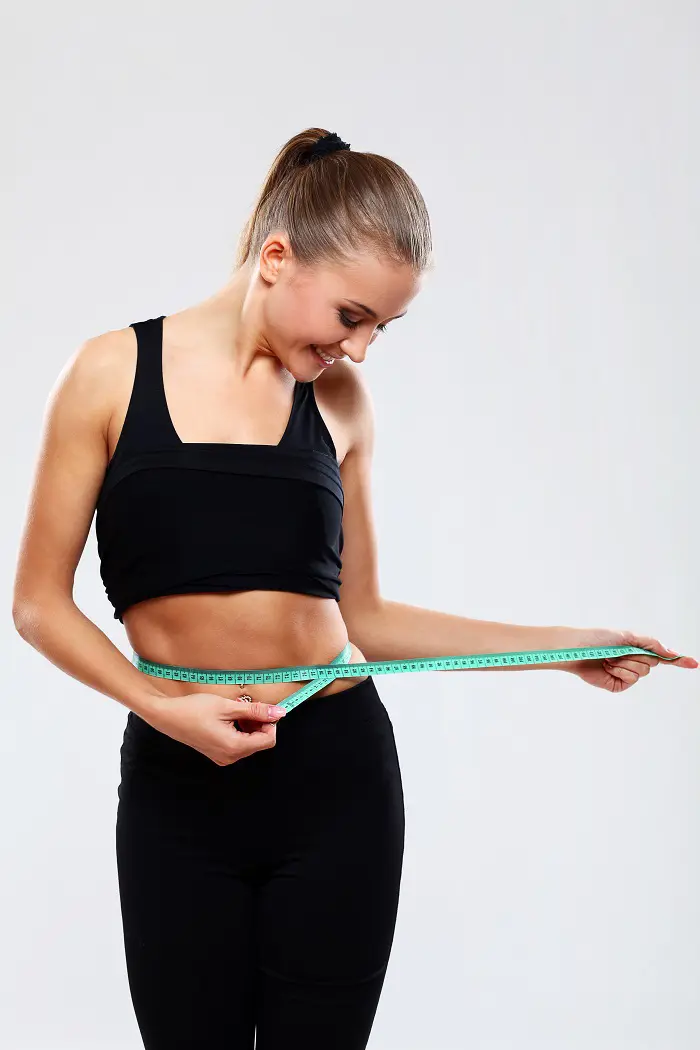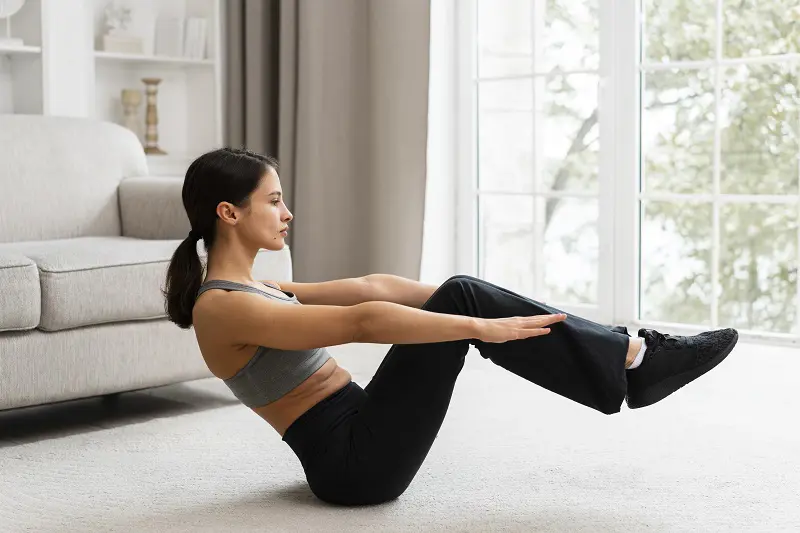How To Lose Water Weight Per Experts
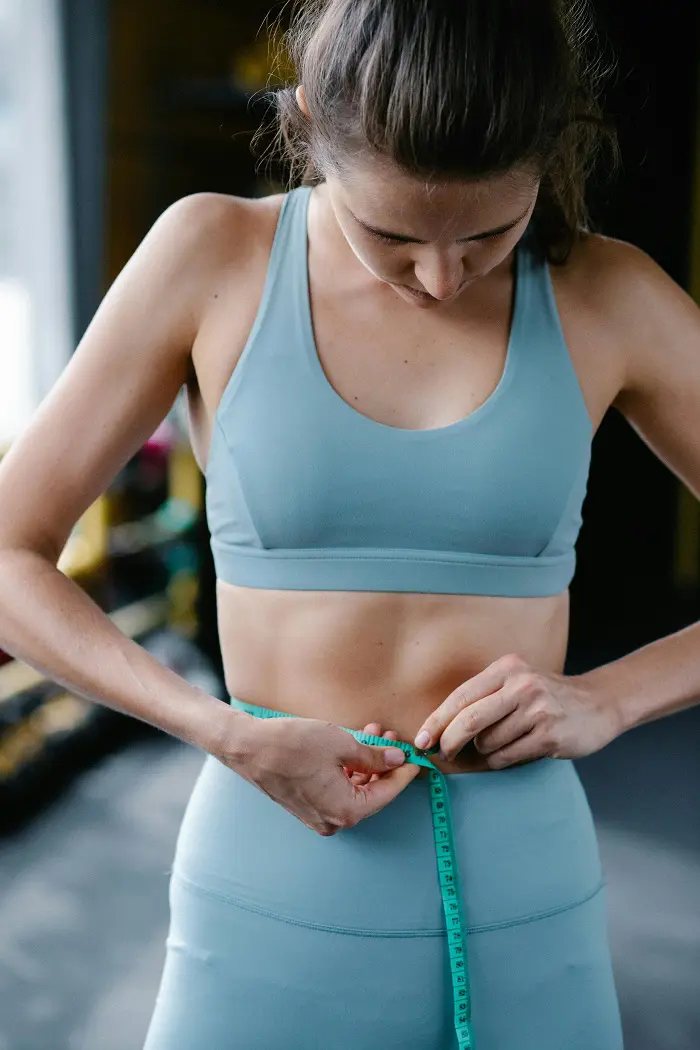
Water weight or edema is the gathering of excess water in your body, making you feel bloated, puffy, and heavier than your actual weight. The good thing to remember here is that water weight isn't fat.
It is transient and could change for many reasons depending on daily routine, diet, and hormonal influence. The first step to slim down or relieve bloating is to reduce water weight. Here is a complete guide on how to lose water weight and feel lighter.
1. Reduce Sodium Intake
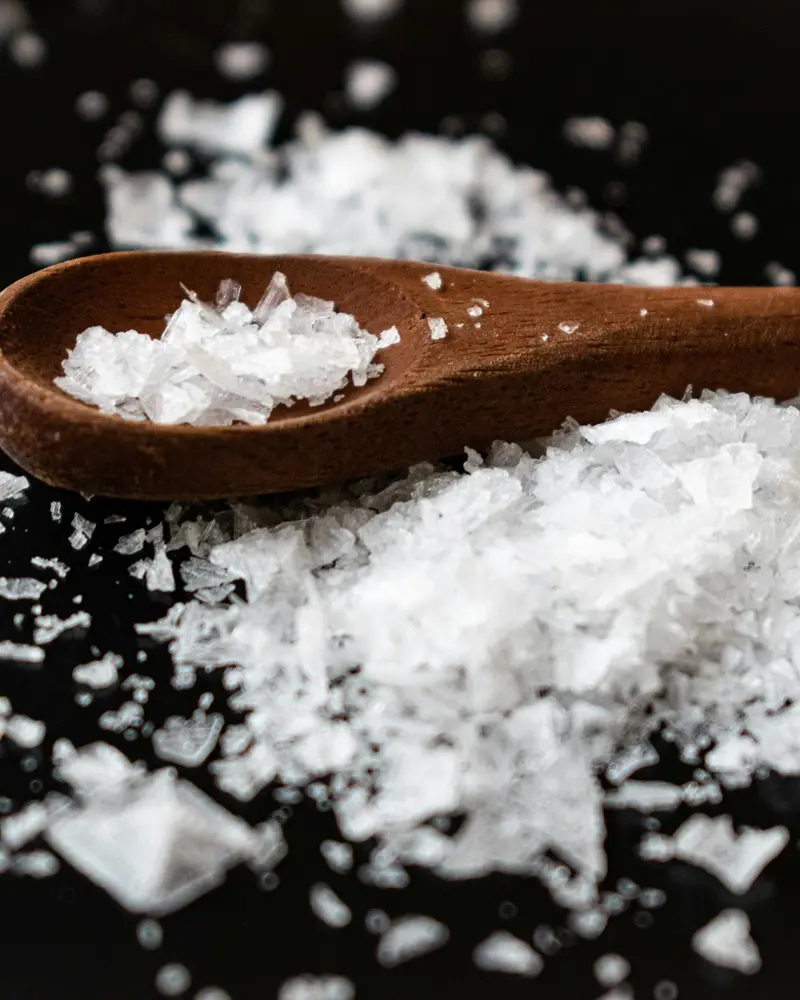
Excess sodium intake leads to water retention; this is because salt forces your body to retain water. Experts suggest not more than 2,300 milligrams of daily sodium intake. For those who're more sensitive (who retain water), 1,500 milligrams is enough. Hidden sodium in processed foods, fast foods, and snacks curbs these significantly.
Replace these with fresh vegetables, lean types of protein, and whole grains. Flavor your food with herbs and spices rather than salt. This one easy step helps in washing away the extra water from the body as kidneys do their function, thus reducing puffiness and bloatedness in no time.
2. Increase Potassium-Rich Foods
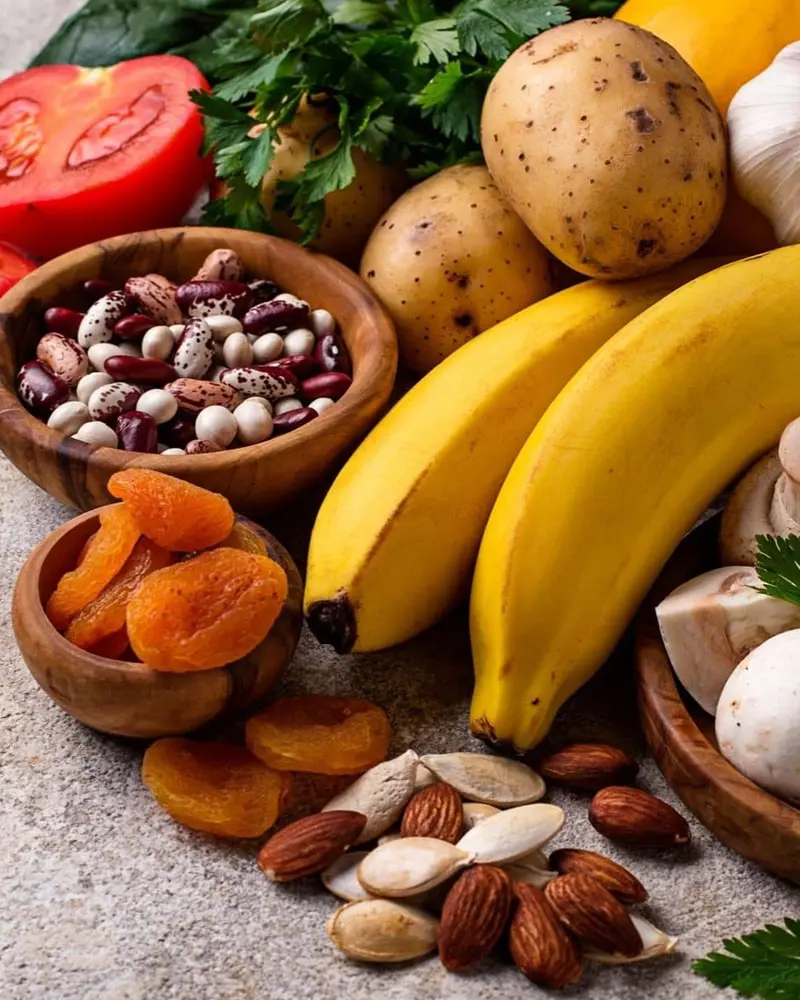
Key sources of potassium-rich foods include bananas, highly recognized for their potassium content, and sweet potatoes, which give a serious boost to this important mineral. Potassium-rich diet helps to balance fluids with the body and decrease water retention.
Other good sources of potassium include leafy vegetables like spinach and kale, and avocados, which add healthy fats to their potassium profile.
More excellent choices include oranges, tomatoes, and legumes of beans and lentils. These additions in your diet counteract some of the actions of sodium on your body so that your kidneys can function properly.
3. Drink More Water
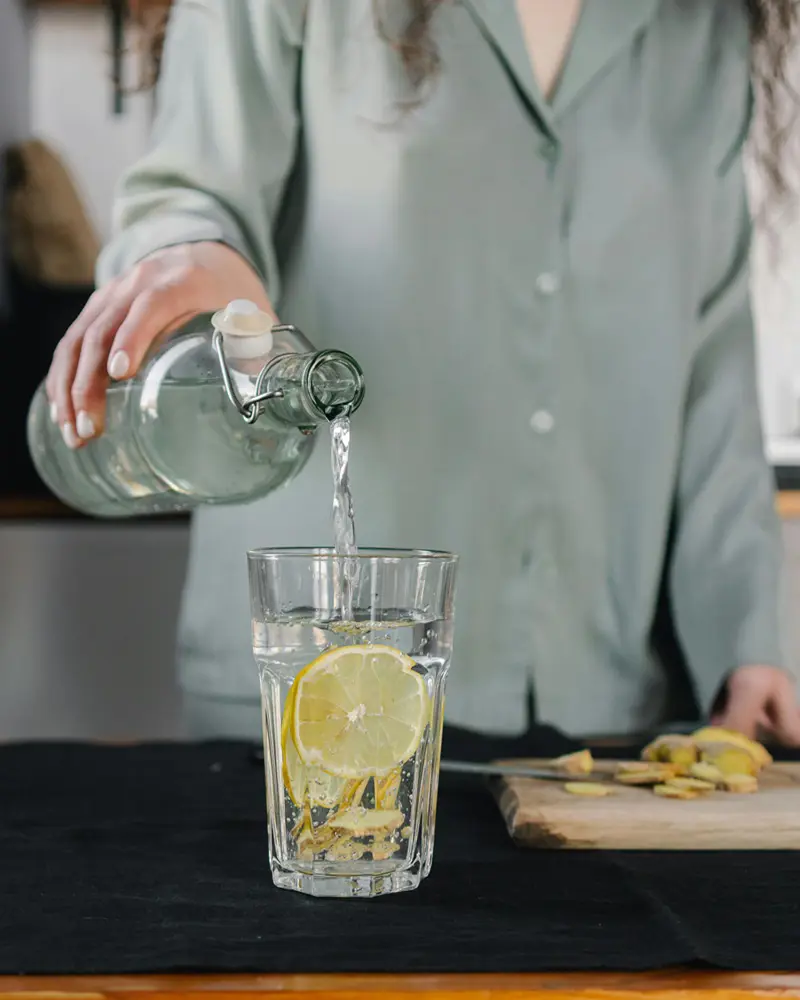
This may sound very contradictory, but the more water you drink, the more water you will lose. Since your system can get into the mechanism of survival when it is dehydrated, it tends to hold onto more water. If you are well-hydrated, your kidneys send a message to your system to excrete extra fluids and keep correct hydration.
Try to consume at least 8 to 10 glasses a day. Proper hydration also offers good digestion, higher energy levels, and better skin. Try infused water with cucumber, lemon, or mint for added flavor. Keeping yourself hydrated will avoid bloating and let the balance of fluids within your body function normally.
4. Exercise Regularly
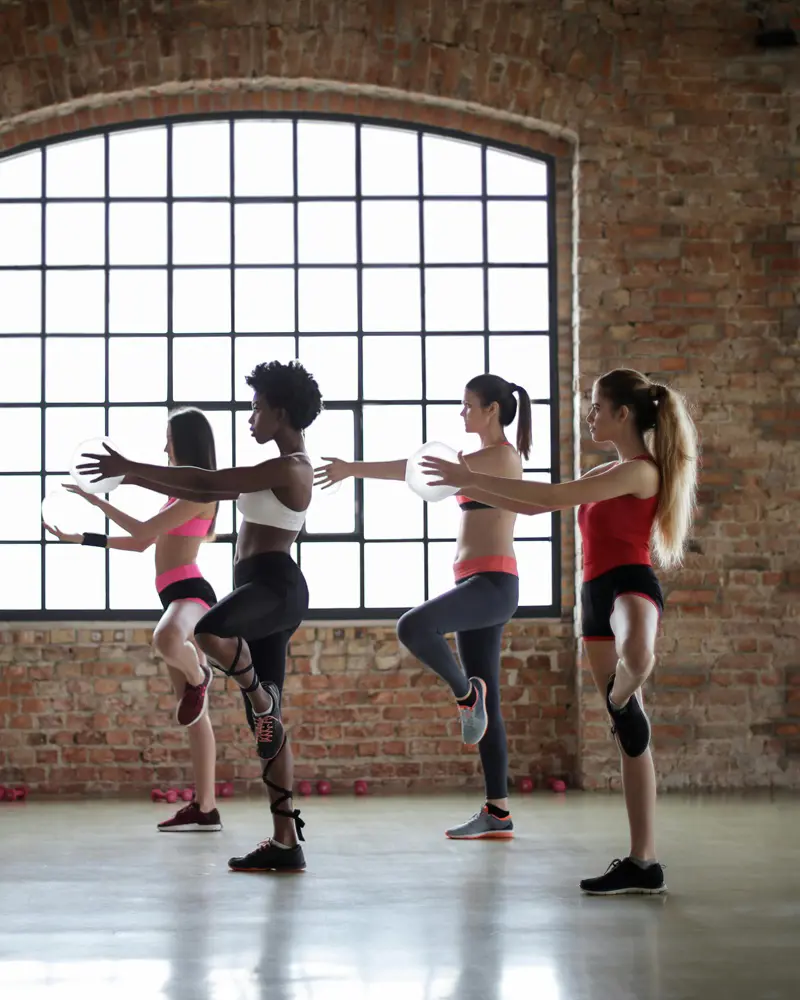
One of the best ways to shed water weight is by doing regular exercises. This physical activity will make you sweat, and as you all know, your skin will be fully excreted from the excess water.
Regarding this, cardiovascular exercises such as running, cycling, swimming, or just a plain simple walk are good enough. Professionals insist on at least 30 minutes of moderate-intensity exercise daily for taming water retention.
Gains of muscles through strength training displace some fat while reducing water weight helps the muscle retain less water than fat. Aerobic exercises will help reduce bloating and maintain general health and fitness.
5. Consume Diuretic Foods

The types of foods that fall in the diuretic food category include cucumbers, celery, watermelon, and asparagus. They have a high amount of water and nutritious components to help your body carry out its function of ridding itself of any fluid retention. It helps your body eliminate any extra water it has and will increase urination urges naturally.
Even green tea and parsley naturally have diuretic elements in them. All these foods at mealtimes will help regulate the level of fluids in your body and reduce bloating. Diuretic foods also offer a range of different types of vitamins and antioxidants, making them healthy and very effective.
6. Cut Out Refined Carbohydrates
Refined carbohydrate foods like white bread, pasta, and sweets can be another contributing factor to water retention; their digestion might cause peaks in blood sugar. High levels of insulin from the intake of refined carbs make the body retain sodium, hence leading to water retention. Carbohydrates are stored as glycogen inside the human organism.
With every gram of stored glycogen, about three grams of water is retained by the body. Switch over to whole grains such as oats, brown rice, and quinoa because these can provide a stable sugar level without over-bloating one's body. This is very important when learning how to lose water retention.
7. Manage Stress

Chronic stress elevates cortisol levels, which can eventually lead to water retention. Stress management can help very much in reducing water retention and will have an overall positive effect on the body. Cortisol is a hormone associated primarily with stress, and it works by stimulating your body to hold onto sodium and water, creating bloat.
Stress can be managed through deep breathing, yoga, meditation, or simply taking a walk each day to reduce cortisol. Also, find free time to do activities you enjoy doing, which would relax you.
Infuse mindfulness into your daily routine to shun stress altogether. Management of stress reduces water retention and enhances psychological and physical health.
8. Get Enough Sleep

Sleep is hugely instrumental in maintaining fluid balance and letting the body eliminate excess water. When you are not sleeping adequately, your body starts making more cortisol.
Strive for 7-9 hours of rest each night to give your body time to recharge, manage stress, and keep fluids in balance. Preparing a regular sleep schedule, a relaxing flow before bed, and keeping away from the screen before going to bed might give good quality sleep.
Enough rest will give the body an ideal time for regulating all the fluids in the body and decreasing its bloating. This will come in handy in answering how to get rid of water weight.
9. Avoid Alcohol
Diuretic products include alcohol, which can build up water in the body. The reduction of consumption of alcohol or completely avoiding it allows your body to return to its natural balance. If you really want to drink, then stay hydrated by sipping a glass of water on every alcoholic drink you take.
Also, you can replace alcohol with hydrating drinks like herbal teas, and flavored sparkling water. A reduction of alcohol intake would result in less bloating, proper functioning of the kidney, and better release of water.
10. Take Magnesium Supplements
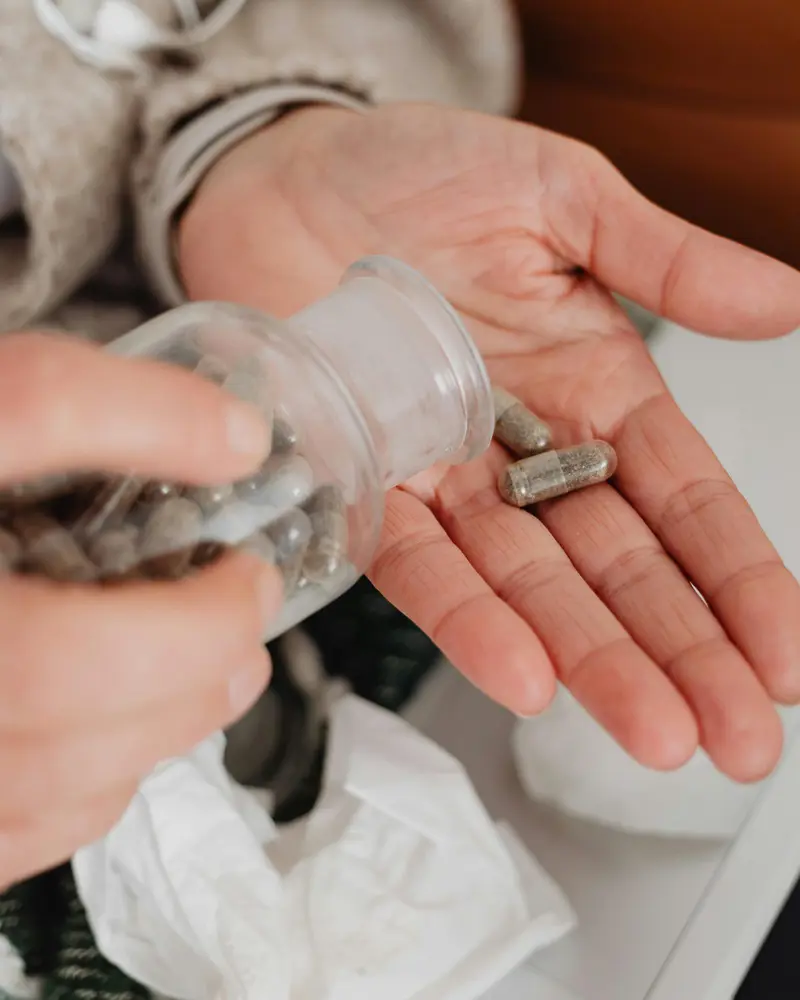
Magnesium regulates fluid balance and prevents water retention. This mineral allows the kidneys to function well, which is quite important in eliminating excess water from the body.
Hence, this mineral should be a part of the diet, which can be received either by consuming leafy vegetables, nuts, and seeds or by taking a magnesium supplement.
Probably the second huge benefit of magnesium is that it can also improve muscle activity and prevent cramping. If one is already suffering from serious water retention, magnesium taken every day would eventually make your body govern the balance of fluids more effectively.
11. Limit Processed Foods
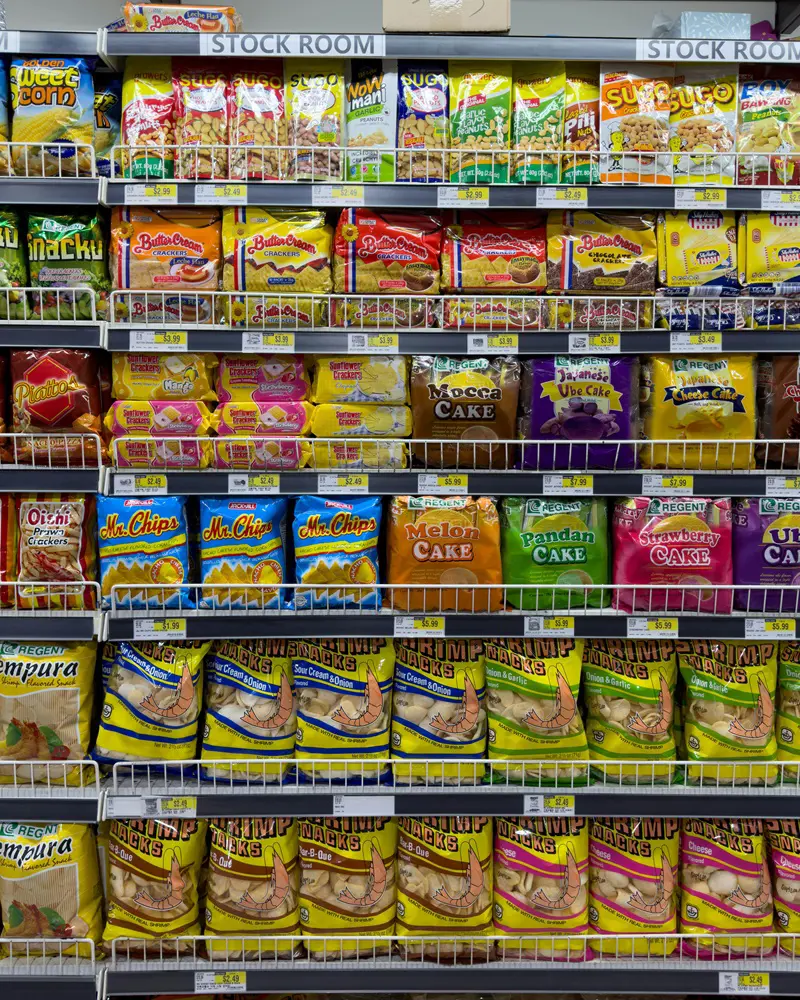
Processed foods are usually extremely high in hidden sodium, added sugar, and levels of fat that will enhance water retention and bloating. High-sodium foods like frozen meals, snacks, and fast foods will make it even harder for your body to eliminate excess fluids.
Meanwhile, whole foods - which consist of fresh fruits, vegetables, lean proteins, and whole grains- naturally keep sodium at a minimum while nutrients are kept high.
By reducing the intake of processed food alone, one is effectively reducing bloating, thus improving digestion and health altogether. In this way, it would not be difficult to learn how to lose water weight.
12. Incorporate Fiber-Rich Foods
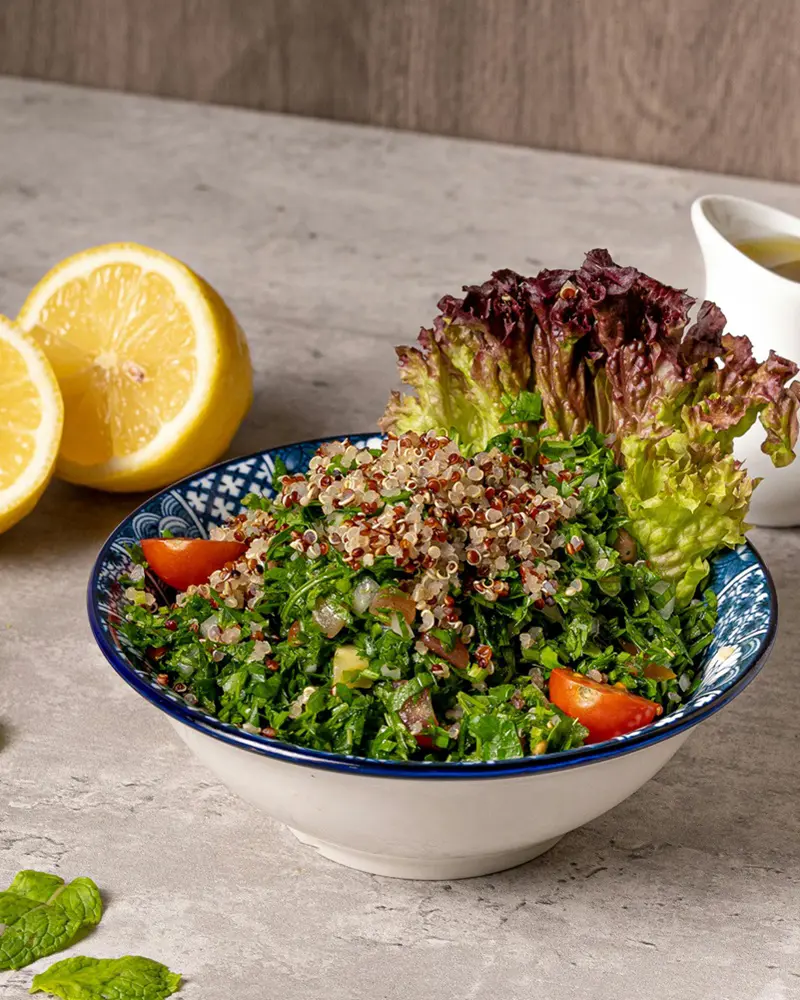
Dietary fiber plays an important role in getting rid of water weight because it improves digestion. Fruits high in fiber would include apples and berries, but vegetables would include carrots and broccoli.
Whole grains include oats, quinoa, and brown rice. Excellent sources are legumes, which include beans and lentils. The type of soluble fiber present in foods such as oats or citrus fruits makes them more efficient in the process of water retention.
Including different types of fiber into a meal therefore supports digestive processes and reduces bloating while helping the body retain only that amount of fluid it needs.
Common Causes Of Water Weight
1. Food intake
Consumption of high sodium and high-carb diets is very much capable of resulting in water retention. A deficiency in potassium and magnesium can also build up extra water weight.
2. Menstrual cycle
Fluctuations of natural hormones in women also cause water retention during the days preceding menstruation. Cravings for salty foods and carbohydrates can make you thirsty for additional water retention during this time.
3. Physical inactivity
Prolonged periods of sitting or standing interfere with the normal flow of fluid within the body. The effect is that water will begin to accumulate around body tissues and result in swelling around the extremities.
4. Heart or Renal diseases
Such diseases can disrupt the usual flow of blood across the body. Such disruptions may affect the rate at which fluids gather and therefore can cause swelling along with water weight.
5. Medications
Many medications have water retention as a side effect. This includes anti-inflammatories and certain oral contraceptives. Anyone taking medication should consult their doctor if any side effects bother them.
Risk Factors
Following are the risk factors that may affect fluid retention. It is sometimes possible to take remedial measures to overcome or avoid the condition if the causes can be identified. Here are the key risk factors:
- High sodium intake
- Hormonal changes
- Sedentary lifestyle
- Medications
- Chronic medical conditions
- Dehydration
- Stress
- Poor Diet
- Pregnancy
Prevention Measures
Cut down on the chances of water weight by paying attention to your intake of salt. Likewise, refined carbohydrates make your body retain more fluid. Flush out excess salt and sodium in the body with a good intake of water.
Regular exercise can help the blood circulate and reduce bloating. Get enough sleep; it regulates many bodily functions and hormones. Any form of moderation concerning the intake of alcohol is advisable to prevent dehydration and reverse fluid balance.
Also, avoiding long periods of sitting or standing can help avoid poor circulation of fluids, which leads to the retention of water within the body. Some of the advantages to be accrued from adapting such a routine are the maintenance and minimization of water weight.
When To See A Doctor?
If you constantly retain water or develop severe water retention that is not relieved by the above life changes, you must see a doctor. If the swelling has come on suddenly and/or is painful, or if there are associated symptoms such as shortness of breath, chest pain, or significant weight changes, immediate medical consultation is in order.
If you have certain conditions, such as heart disease, kidney disease, or liver disease, you will want to consult with your healthcare professional, as these, too, are contributing causes of fluid retention.
Swelling in one limb, or the appearance of swellings at all in certain areas might indicate a more serious problem. A doctor can diagnose what the actual problem is and advise suitable treatment.
Summary
Water weight itself is generally not a cause for alarm, but it can be quite uncomfortable and can be a recurring problem. To safely shed water weight, reduce your sodium intake; consume more potassium-rich foods like bananas and spinach to maintain fluid balance and stay hydrated by drinking plenty of water.
Regular exercise will encourage healthy sweating and improvement in blood flow. Consume natural diuretics like cucumbers and watermelon. Exclude refined carbs and factory foods from your diet; go easy on the alcohol.
Control stress levels through the use of relaxation techniques and get enough sleep to maintain proper fluid balance. Supplement your diet with magnesium and incorporate foods containing fiber to help ease digestion and beat that bloated feeling.
Recent posts
How To
How To
How To Do Hip Thrusts: Methods, Benefits And Types
The hip thrust is a great bodyweight move for building strong glutes and a solid core. Also called the hip thruster, it’s great for improving posture and easing lower back pain. To get the most out of it, nailing the form is key. Everything fro...
How To
How To Do Bird Dog Exercise? Techniques, Types And Benefits
If we want to enhance core strength and spinal stability, Bird Dog is a fantastic bodyweight exercise to include in any workout routine. It activates various muscle groups like abdominals, glutes, and erector spinae. The movement itself isn’t t...
How To
How To Do Bicep Curls And Develop Stronger Arms
Bicep curl may be the first weight-training exercise we’ll learn during our fitness journey. Sure, it’s about moving a dumbbell up and down, but there’s more to it - it’s a solid strength builder and a great method to define t...
How To
How To Do Lat Pulldown? Methods, Benefits And Types
Doing a lat pulldown is not hard - it's all about maintaining proper momentum and pulling the bar toward our upper chest. This popular exercise is fantastic for engaging our back muscles, particularly the latissimus dorsi. Getting the form right is k...
How To
A Proper Guide On How To Do The Splits For Beginners
Learning how to do the splits is the ultimate goal for every gymnast and fitness enthusiast. Spreading the legs to a 180-degree angle is a true testament to athletic power and flexibility. As a beginner, it might feel intimidating at first, but with ...
How To
A Guide On How To Measure Your Waist Correctly
Measuring an individual’s waist is crucial for assessing internal fat deposits that surround the heart. It can indicate a person’s current health status, with a larger waistline suggesting a higher risk of heart disease and stroke. Along ...
